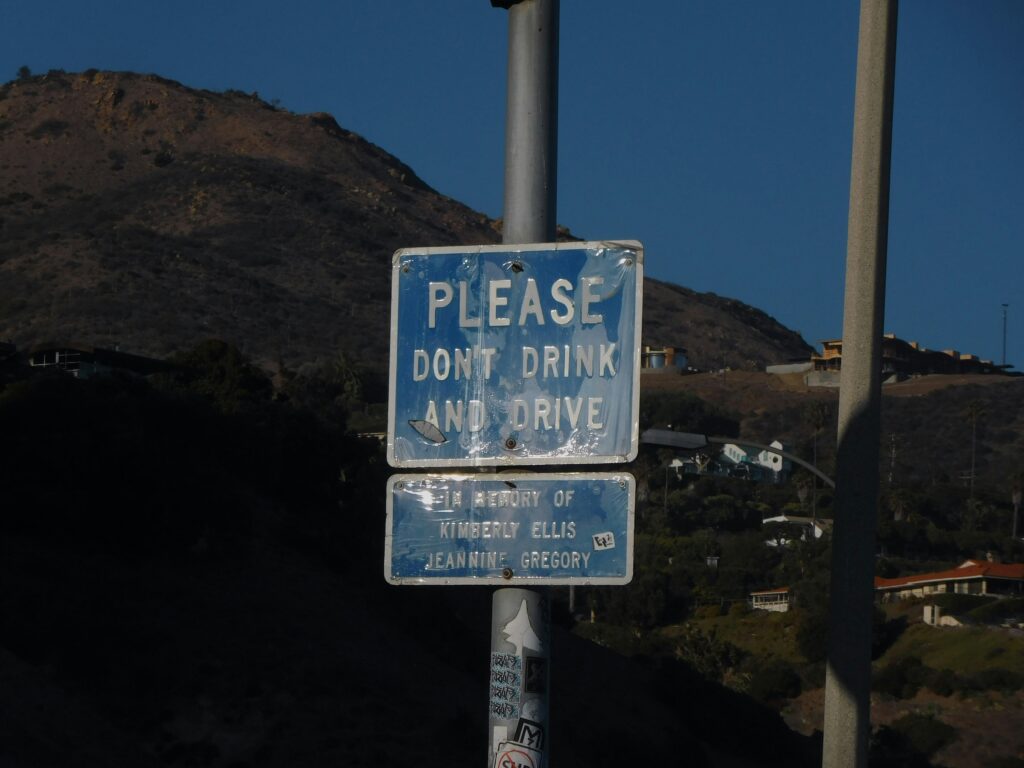Drunk driving accidents are some of the most serious and preventable traffic incidents. In Texas, navigating the legal and financial implications of these accidents can be quite intricate. Let’s break down what you need to know about Texas drunk driving liability.
Legal Responsibility for Drunk Driving
In Texas, if you’re caught driving under the influence of alcohol or drugs, you’re legally responsible for any resulting accidents. Here’s how liability works:
- Driving Under the Influence (DUI): If you’re found to be intoxicated, you’re held liable for damages from the accident. Texas law considers drivers with a Blood Alcohol Concentration (BAC) of 0.08% or higher as legally impaired.
- Negligence Per Se: In Texas, drunk driving is seen as a clear violation of duty, making it easier to prove liability. This means that if you’re driving drunk, it’s automatically considered negligence.
Criminal vs. Civil Liability
When it comes to drunk driving, there are both criminal and civil aspects to consider:
- Criminal Liability: The state of Texas prosecutes drunk driving offenses. If convicted, you could face fines, lose your license, or even go to jail. The goal here is to punish and deter drunk driving.
- Civil Liability: Victims of drunk driving accidents can file a civil lawsuit to get compensation for their losses. Unlike criminal cases, civil cases focus on helping victims recover costs for medical bills, lost wages, pain and suffering, and more.
Comparative Fault in Texas
Texas follows a modified comparative fault rule, which can affect how much compensation you might receive:
- Determining Fault: Usually, the drunk driver is considered at fault. However, if the injured person also played a role in the accident (like not wearing a seatbelt), their compensation could be reduced.
- Impact on Compensation: If you’re partially at fault, your damages will be cut by your percentage of fault. For example, if you’re deemed 20% at fault and the damages amount to $100,000, you’d get $80,000.
Dram Shop Liability: Going Beyond the Driver
Sometimes, the responsibility doesn’t stop with the drunk driver. In Texas, the establishment that served them alcohol can also be held accountable:
- Dram Shop Act: This law can hold bars, restaurants, and other places accountable if they serve alcohol to someone who’s already intoxicated or a minor, and that person later causes an accident.
- Proving Liability: To hold an establishment liable, you need to show that they served alcohol to the driver when they were visibly drunk or to a minor, and that this directly led to the accident.
Insurance Considerations
Insurance can play a big role in drunk driving accidents:
- Coverage Limits: The drunk driver’s insurance may cover some damages, but policy limits can impact how much you get. It’s important to understand the insurance coverage and any limits that apply.
- Uninsured/Underinsured Motorist Coverage: If the drunk driver’s insurance isn’t enough to cover your damages, you might be able to get compensation through your own uninsured or underinsured motorist coverage, if you have it.
Getting Legal Help
Given how complex drunk driving cases can be, having a lawyer on your side is crucial:
- Experienced Attorneys: A lawyer with experience in drunk driving accidents can help you navigate the legal system, gather evidence, and deal with insurance companies to ensure you get the compensation you deserve.
- Building Your Case: Your attorney will help collect evidence like police reports, witness statements, and expert opinions to build a strong case and increase your chances of a positive outcome.
Wrapping Up
When it comes to Texas drunk driving liability, there are many factors to consider, including legal responsibility, comparative fault, and potential claims against third parties. Understanding these elements and working with a knowledgeable attorney can help you tackle the complexities of your case and seek the justice you deserve. Drunk driving accidents have serious consequences, but with the right support, you can hold the responsible parties accountable and achieve a fair resolution.

